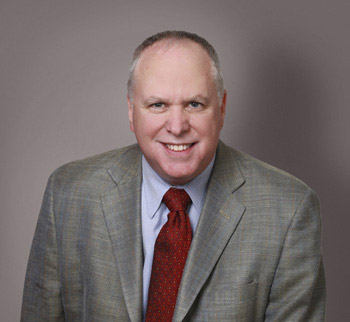The drive from the centre of Jerusalem to Ma’aleh Adumim is about 10 or 15 minutes depending on traffic – about the same as driving from Thornhill into Toronto. The really big difference is that Jerusalem and Ma’aleh Adumim (which literally means “Red Heights”) are in Israel and the West Bank respectively. For those who have never been to Israel, it’s difficult to describe the miniscule borders that separate Israel from the occupied territories (some prefer the term disputed territories).
Its name alone (as with most place names in Israel) denotes a pride of scriptural place. It describes the biblical line that separated the ancient tribes of Judah and Benjamin.
It’s easily seen once one leaves Israel’s Ben-Gurion Airport and travels north up through the Judean Hills into the Jordan Valley. As you gaze in wonder at the Jerusalem stone cliffs and the “reddish hues” that both give the town its name and mark the way to Judaism’s most holy city, signs for Ma’aleh Adumim can be seen along Route 1 and 458 just before you enter Jerusalem proper.
It was started a couple years after the Yom Kippur War, undoubtedly as a means by which to expand Israel’s defensive base (part of the reason for settlement developments in the early years), and the government soon gave it official recognition as a municipality, and by 1991, it had gained city status, the first Israeli city in the occupied territories.
Today it is a prosperous, growing community with a population of more than 35,000, slightly larger than Unionville Ont. A short seven kilometres to Jerusalem, it’s like driving from Bathurst and Steeles to Lawrence Avenue.
And yet it’s this tiny seven-kilometre stretch that makes all the difference. The occupied territories remain the Achilles heel of both Israel and the Palestinian Authority. The short boundaries between Israel and the PA, bordered on all sides by security fences and walls (indeed, in 2003 a road connecting Ma’aleh Adumim to Jerusalem was opened that included large tunnels running under the Hebrew University making it safer for Israelis to avoid terrorists’ Molotov cocktails and rifle shots), remains a tragic problem in need of a creative solution
And it is Ma’aleh Adumim that today finds itself in the middle of yet another occupied territories controversy, one that includes a large Israeli company, Hollywood starlet Scarlett Johansson and the international relief agency OXFAM.
By now we all know the story. SodaStream, one of Israel’s most successful international companies, is represented by Johansson as part of its marketing plan. Makers of the largest home carbonation system in the world, it sells its product worldwide in more than 65 countries. It’s environmentally friendly, it’s healthy and great value for the buck. I have one in my own home and love it.
The problem: SodaStream’s largest factory is situated in Ma’aleh Adumim. It has become the poster child for those involved in the ill-conceived boycott, sanctions and divestment (BDS) movement against anything Israeli. This all came to a head with a clever SodaStream advertisement that ran during last week’s Super Bowl game with Johansson fronting the product. OXFAM, choosing to see the trees as opposed to the whole forest, cut its ties with Johansson, because it saw her role with the company as “incompatible” with its own role as “honest brokers” for humanitarian issues.
Yet the SodaStream controversy in many ways shines some needed light on and even helps us understand both the futility of BDS and the tragedy of the occupation.
True, Ma’aleh Adumim is in occupied territory, and true, SodaStream’s location there violates accepted norms. But it’s also true that SodaStream is a decent employer, providing jobs for hundreds of Israelis and Palestinians at fair and equal wages. Many in the BDS movement have demanded that, along with employers like SodaStream, Israeli academics, artists and politicians must be banned and boycotted. I suspect I will hear from many when I write that boycotts dealing with Israel and the PA further exacerbate and fog a necessary solution.
Throwing Palestinian workers out of needed jobs is not the answer. And continuing Prime Minister Benjamin Netanyahu’s policy of building Israeli housing on occupied land is certainly a road fraught with disaster.
In my view, SodaStream is exactly the model that both Israel and the PA should embrace: Israelis and Palestinians working side by side as equals, seeing each other as co-workers, neighbours and friends. Such an endeavour bodes well for future growth in a neighbourhood that can use positive outcomes.
With the world’s attention on Ma’aleh Adumim, real questions can be asked, complexities analyzed. We can examine the tragedy of being an occupying power and the need to negotiate a dignified solution to end an occupation that very few want to see continue.
In the end, understandings could be brought to bear that Ma’aleh Adumim and other Jewish settlements close to Jerusalem are integral to the Israeli and Palestinian economies. Focus can be placed on the absolute need to creatively design a land swap that helps fashion a contiguous Palestinian state that can thrive side by side with Israel, where many SodaStreams can flourish and change hard-held paradigms.
Bernie Farber is senior vice-president for government and external relations with Gemini Power Corp. and a former CEO of Canadian Jewish Congress.
